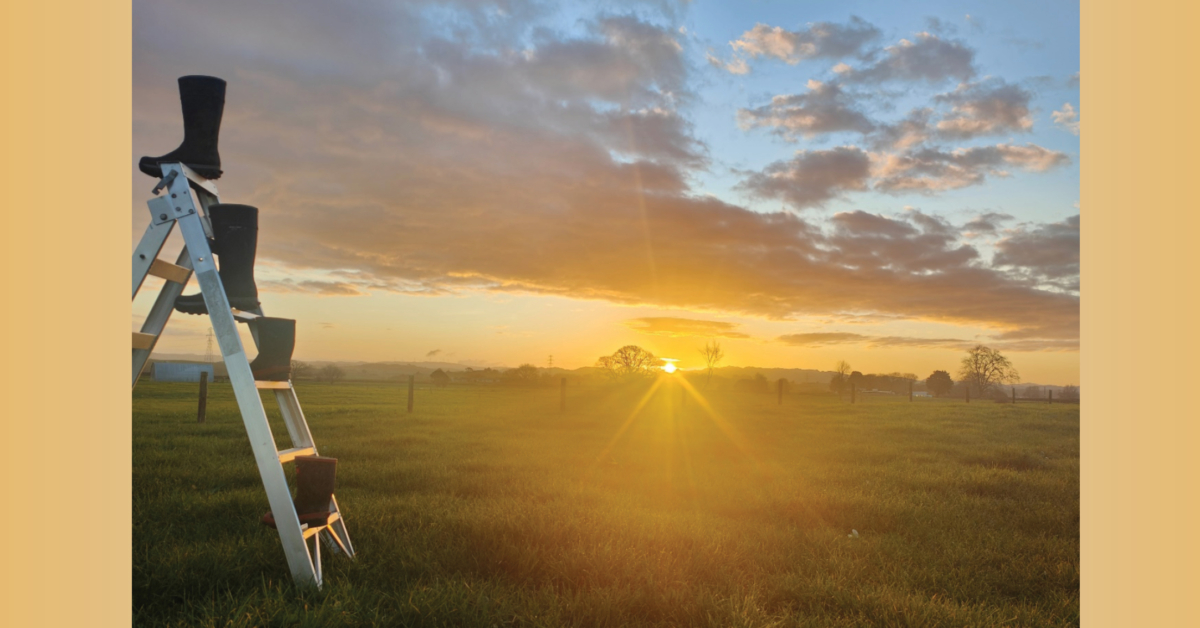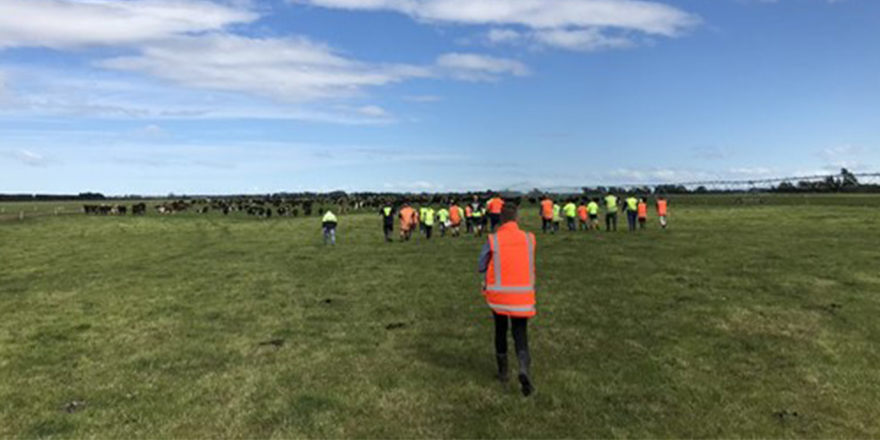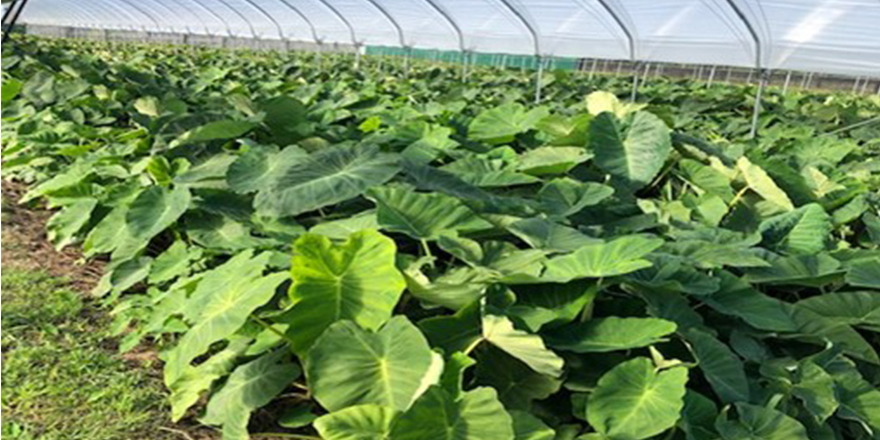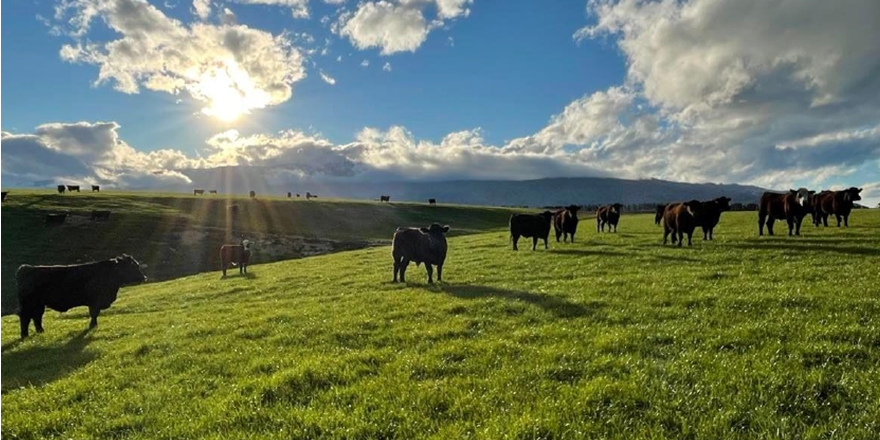
Executive summary
The current contract milking business model is no longer effective as a progression pathway in the NZ dairy industry. Research shows that 27% of contract milkers would be financially better off as a manager (Lee, 2024). This is an alarming amount and provides minimal incentive or ability for our farmers to progress within the industry.
Throughout the literature reviewed for this project, there is some slight variation in people’s opinions regarding contract milking and its place in the business structure. This is primarily due to publications regarding contract milking, often coming from the voices of high-level corporates and rural professionals and seldom from contract milkers out in the field experiencing the highs and lows of the contract milking business model.
For business people, who would invest significant money and time and shift their family to go into business with someone they have only met for maybe two hours? The answer is very few if any, so why are contract milkers going into business under these conditions? Therefore, this project addresses whether the current business model of contract milking is fit for purpose and how it enables progression.
The key findings from this project are;
- There is a large skills gap for a large proportion of people taking the step to contract milking well before they are ready. To upskill, currently, the formal training available for farmers entering contract milking is unaffordable, challenging to access, and not timely according to events occurring on-farm.
- A role that bridges the gap between a manager and a herd-owning share milker is needed. This role needs to be a win-win for all parties involved.
- The views of farm owners, contract milkers, and rural professionals interviewed for this project are all very similar, and they feel that contract milking is a real issue in the industry that needs reviewing. The key findings of what needs to be reviewed within the current contract milking business model are:
- a) the relationship between the farm owner and contract milker frequently breaks down due to a misalignment of values and expectations, which begins at the recruitment stage.
- b) Contract milkers need to be paid a premium above what a manager of the same scale farm would receive to compensate for the risks involved in being self-employed.
- c) there are many options to reward contract milkers other than monetary that supports the growth and progression of the contract milker.
- d) the lack of legal protection for contract milkers, particularly when compared to a VOSM who is protected under the Sharemilking Act 1937. This was seen as an issue as the responsibilities of a CM and VOSM are equal, therefore, should have the same protection.
- The critical components of a role that would benefit both the farm owner and contract milker are legal protection, the need for a premium, clarity within contracts, fair compensation, professionalisation, ownership and autonomy.
- When looking into the business structures in the Australian dairy industry and the absence of contract milking within it, the concerns raised in relation to CM are the precise issues New Zealand’s dairy industry is having with it. For example, small unviable positions, ‘sham’ contracts, and the unclear and risk of whether the role is one of an employee or a contractor.
Just some of the recommendations made as a result of this research are to:
- Dissolve the title and role of contract milker. Following this, there will be a blending of the good points from the current variable order sharemilking and contract milking agreements, which will help form a new role that will be more suited to the current climate of dairy farming and encourage progression and retention within the industry. Additionally, a new name for the new role will be created, which could be titled an ‘Operational Sharemilker’ or ‘Business Sharemilker’.
- The addition of the word ‘sharemilker’ into the title of the new role is essential to ensure inclusion and coverage under the Sharemilker Act, which is a crucial piece of legislation to support both the sharemilker and the farm owner.
Ashlea Kowalski




